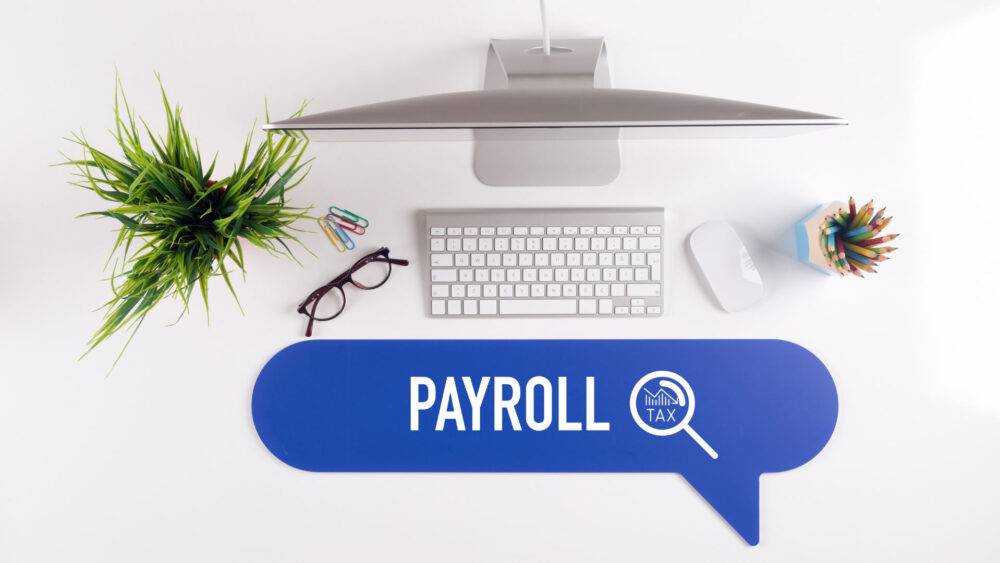What is payroll tax, and why does it matter? If you’re new to the concept, understanding payroll tax is essential for comprehending its crucial role in the financial landscape. Recognising its significance in supporting various public services and government initiatives is important.
What is the purpose of payroll taxes? The payroll tax system funds essential public services, including healthcare, education, and infrastructure development. It secures state governments’ income, promotes equitable financial responsibility within the business community, fosters economic growth, and supports public services and social welfare initiatives nationwide. Recognising payroll taxes’ significance within legal regulations, including its various types, is crucial for businesses to navigate potential pitfalls.
Various types of payroll tax in Australia cater to specific state or territory needs, with diverse rates and thresholds:
-
Individual income taxes:
Employers use the ‘pay as you go’ (PAYG) system for payroll withholdings, while employees typically receive refunds after reconciling their taxes annually. The tax rates range from 19% to 45% based on an individual’s income.
-
Superannuation:
‘Super’ serves as the social retirement fund, with mandatory withholdings during employment. These withholdings are compulsory for employees 18 and older, earning $450/month or more, and some full-time workers under 18 meeting specific income thresholds. Funds support individuals from age 65 onwards.
-
Medicare:
The public healthcare system consists of a 2% Medicare levy for all residents, with high-earners and individuals lacking private health insurance potentially facing an additional 1-1.5% surcharge.
-
Fringe Benefits Tax:
‘perks of the job’, with a broad interpretation of ’employee’. It can cover anyone receiving a fringe benefit, including current, future, or past employees, as well as directors and trust beneficiaries. In 2022, the fringe benefits tax rate stood at 47%, potentially impacting the perceived value of job perks. Examples of Fringe Benefits Tax include:
- Company car usage for personal travel
- Employee discounts on loan terms or merchandise
- Gym memberships, event tickets, and other leisure perks
- Tuition or education-related reimbursements
- Various salary sacrifice arrangements (e.g., for a car, shares or stocks, or expense payments like a cell phone)
None-the-less, employers and employees can often claim a portion of this tax as a credit during their reconciliations.
Moreover, a company payroll tax is an additional tax a company may need to pay according to the payroll threshold in each state. Companies that surpass the payroll threshold are obligated to remit this supplementary tax. Businesses must comprehend the implications of such financial obligations to ensure compliance and strategic financial planning.
Businesses need to be aware of the difference between permanent employees (part-time and full-time) and casual employees and their entitlements. Some awards mandate that if a casual employee requests to become permanent after 12 months, they are required to do so, and this is why businesses must be aware of what requirements they need to meet when employing staff. Understanding and adhering to these guidelines is paramount for businesses to navigate the intricacies of payroll tax obligations effectively.
Different industry awards and how they are interpreted:
-
Pay and wages
: Employees need to be paid the right pay rate for time worked, including time spent in training, team meetings, opening and closing the business and working trial shifts.
-
Leave
: Employees can take leave for many reasons, including holiday leave, sick and carers leave, parental leave and more recently Family and Domestic Violence leave.
Prior to recruiting a new staff member, employers must ensure they are well-acquainted with the rights, duties, and responsibilities associated with aspects such as compensation, minimum terms and conditions, taxes, and superannuation.
Workplace regulations dictate what employees are entitled to, including their working hours and break frequency. These regulations may be outlined in various documents such as an award, registered agreement, or an employment contract.
Certain issues can be easily resolved through a straightforward conversation, while other workplace challenges may require more time and effort. Regardless, it is advisable to recognise and address problems early on to prevent them from adversely affecting work relationships and business operations.
Termination of employment can occur for various reasons. An employee might choose to resign, or their employer may decide to dismiss them.
In addition, software integrations like Deputy and Planday assist in guaranteeing accurate and timely staff payments at the appropriate rates. We can configure these systems, seamlessly integrating them directly with Xero. Leveraging such software can enhance efficiency, accuracy, and compliance in managing payroll tax-related tasks.
While the benefits of the payroll tax system are extensive, businesses must grasp these tax complexities to comply with state regulations effectively. Non-compliance with these tax obligations can lead to serious consequences, such as hefty fines, legal disputes, and reputational damage.
Tax On Tax Off offers payroll services including PAYGW registrations, weekly, fortnightly and monthly payroll, and management of your superannuation requirements. If you need professional guidance and support, don’t hesitate to get in touch with us now.


